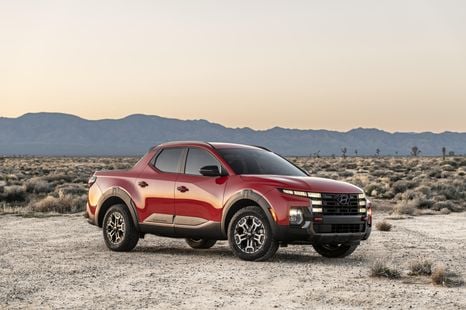

Derek Fung
Hyundai to kill off its only ute early in anticipation of something bigger - report
4 Hours Ago
Right now, you can buy a family-size car capable of going from zero to 100km/h in less time than it takes a Formula One car to do the same. Is that too fast?

Senior Road Tester
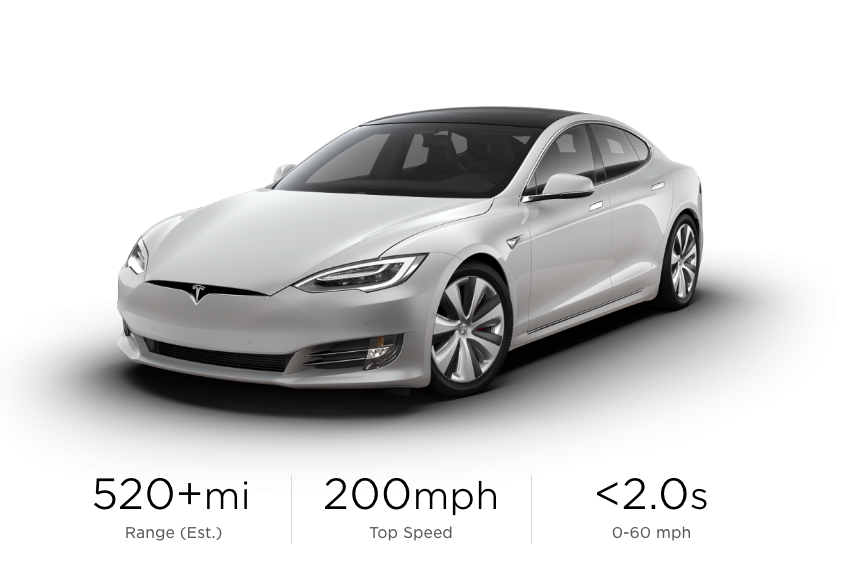

Senior Road Tester
Is the Tesla Model S Plaid too quick?
That’s the question I’ve been asking, which seems diametrically opposed to my complete and utter addiction to all things fast and exhilarating.
Never was the sense of pure unadulterated speed rammed home more graphically than when I climbed into a Bugatti Veyron during 2008 in France, and proceeded to launch the 16-cylinder, quad-turbo monster from a standing start.
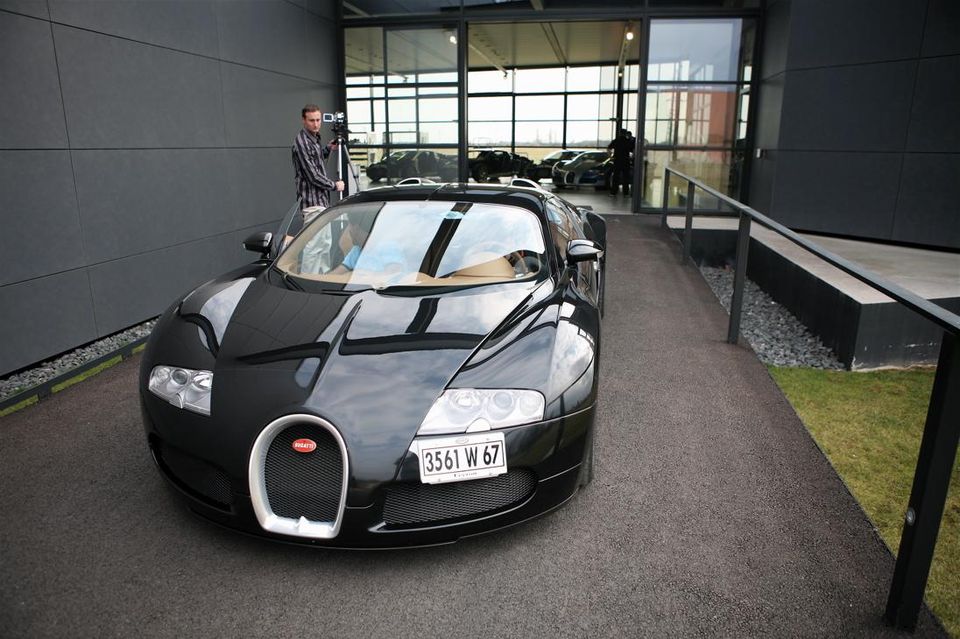
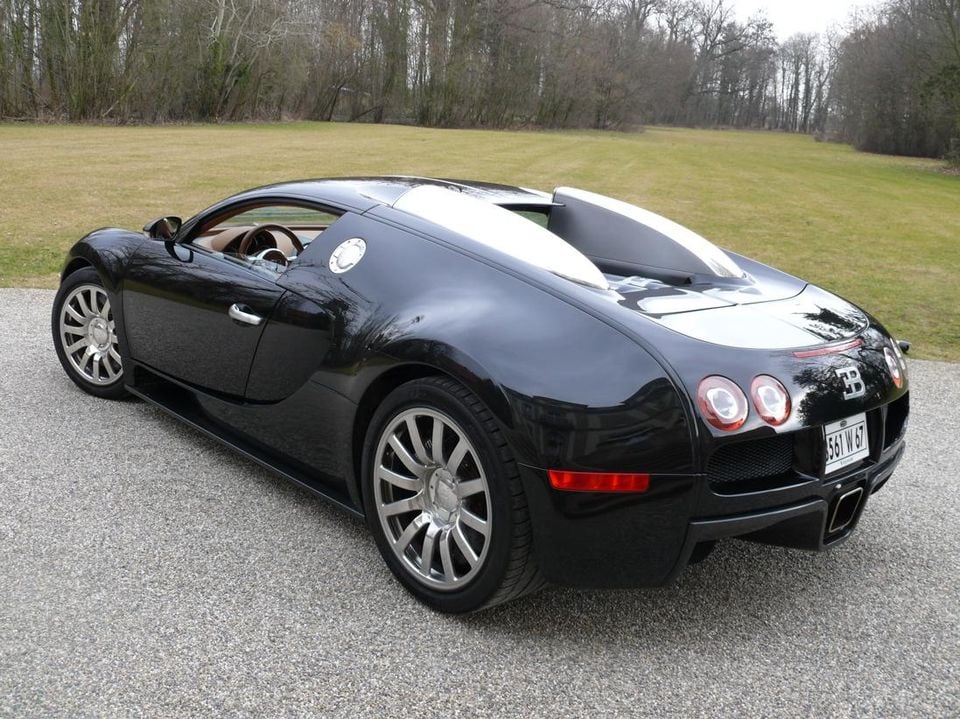
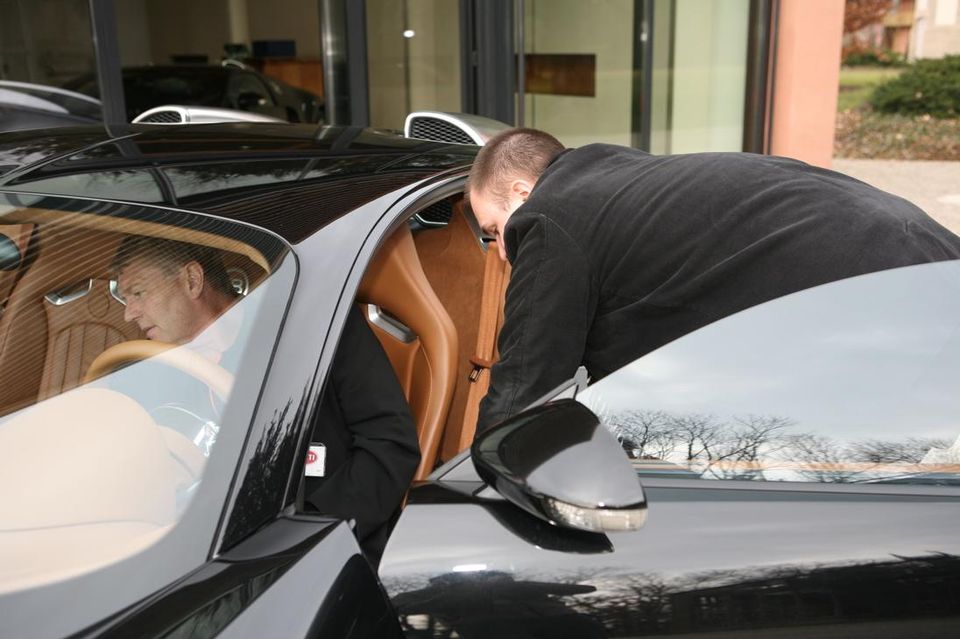
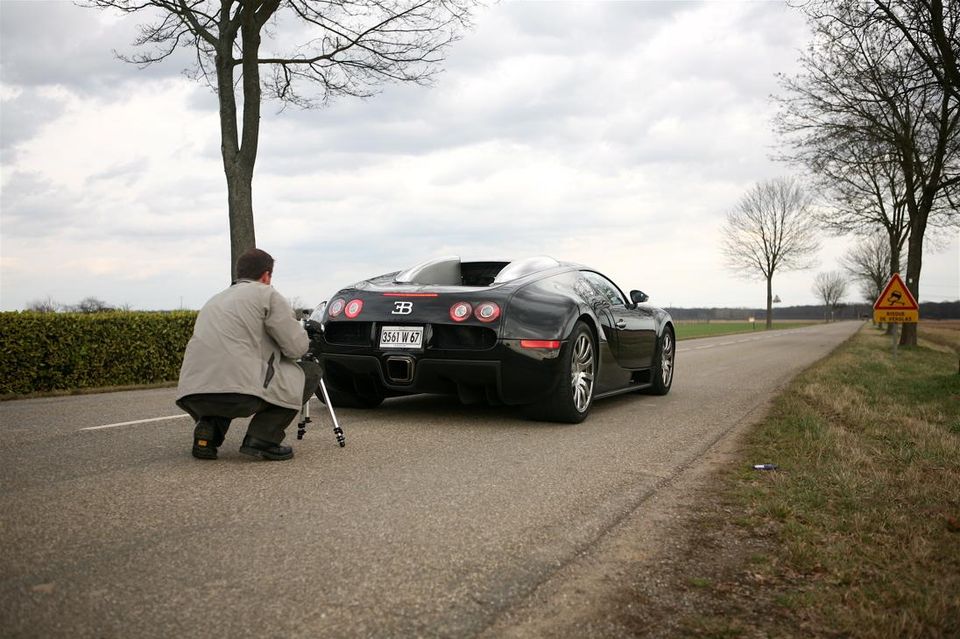
At full tilt it was satisfyingly terrifying, the intersection of momentary brain fade and g-force-induced nausea completely overwhelming my body. I believed there was a real possibility I was about to die as the speedo nudged 360km/h.
Bugatti’s official claim for the zero to 100km/h sprint was a staggering 2.46 seconds. To put that in context it’s 0.14 seconds quicker than a Formula 1 car could handle the same sprint.
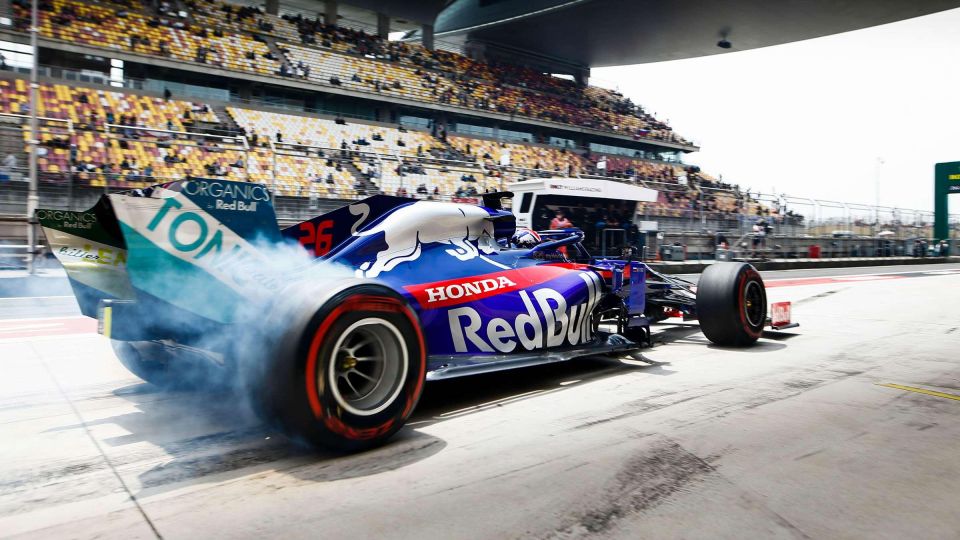
So what if I told you you could order a Tesla Model S Plaid five-door liftback that can rocket (in the truest sense of the word) from 0-100km/h in a mind-boggling 2.1 seconds… and it’s yours from just over $200,000 on the road.
That’s all it takes to arm yourself with a family car that can blitz any supercar and almost all the hypercars we know of in a straight-line.
If you’d rather an SUV, Tesla has the Model X Plaid for similar money which, despite its heft, has a claimed sprint time of just 2.6 seconds.
That happens to match the purpose-built and track-focused Lamborghini Huracan Performante in a straight line.
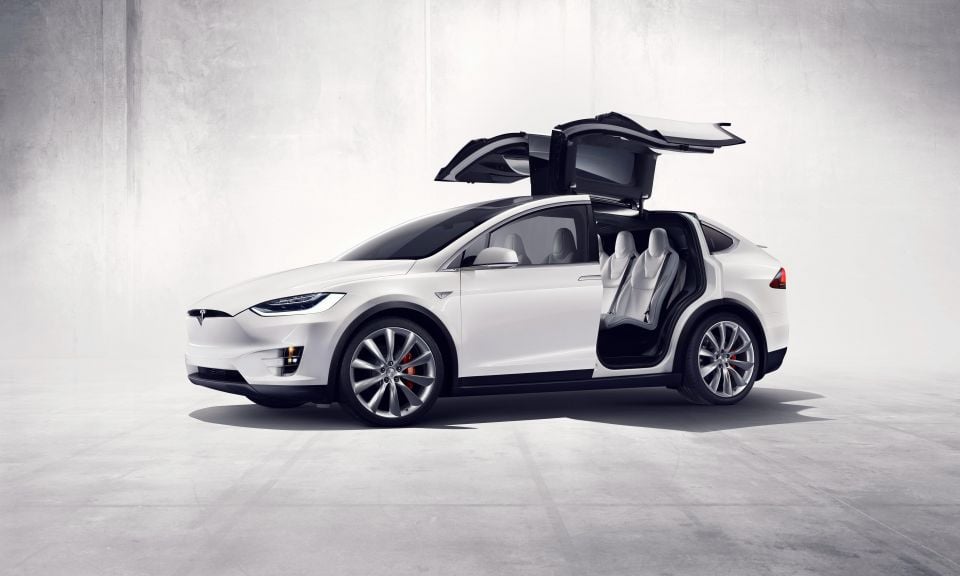
They’re both out of reach for most, but for less than $100,000 you can buy a Model 3 Performance, effectively a five-door sedan capable of going from standstill to 100km/h in 3.3 seconds.
That’s a tenth quicker than the monstrous Mercedes-Benz E63 S AMG, a twin-turbo sedan making 450kW of power and 850Nm of torque.
It blows my mind that anyone with a driver’s licence can buy one of these vehicles and get behind the wheel on public roads without so much as a defensive driving course under their belt.
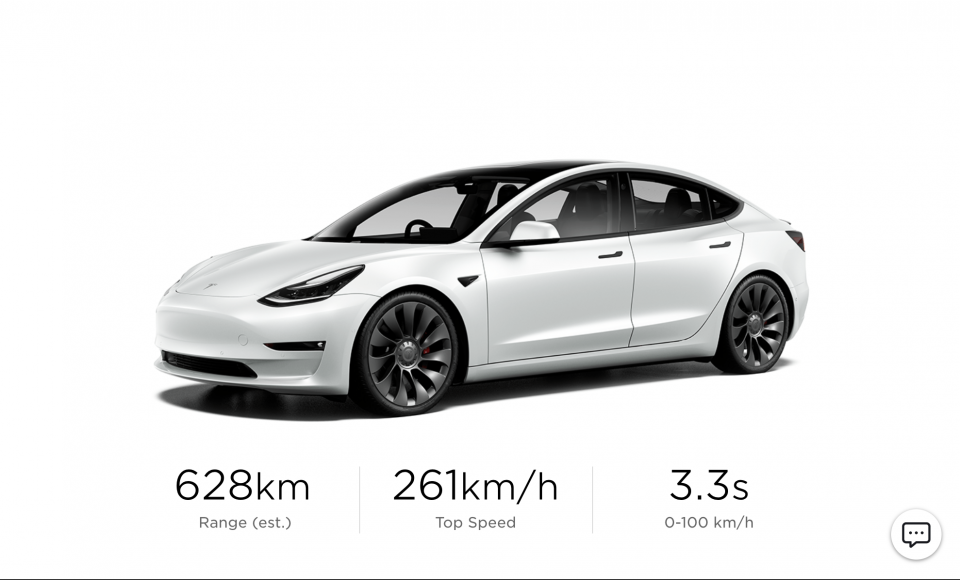
With governments around the world calling for lower speed limits and installing more speed cameras than I’ve had hot dinners – including places like Germany, legal speed’s final frontier – it begs the question; are everyday family cars getting too fast?
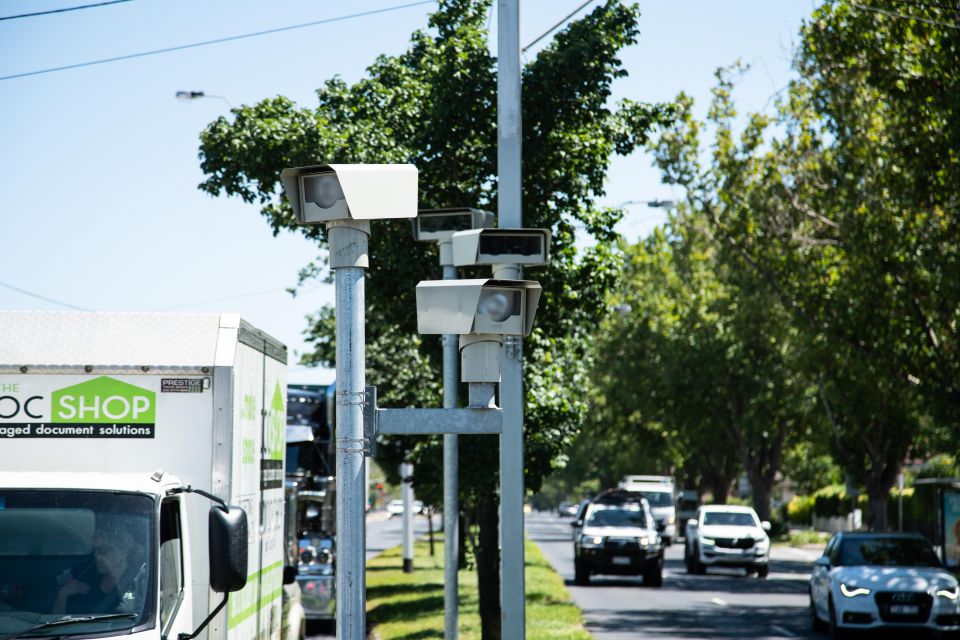
There’s always going to be a place for purpose-built sports cars and technical showcases that can demolish the 100km/h sprint, but why do practical sedans need to accelerate like they’ve fallen off a cliff?
Car manufacturers, led by Tesla, have crossed the line in an obsessive quest for power and speed to the point it’s getting dangerous for drivers, and blatantly irresponsible when you consider the consequences should things go wrong.
In countries like Australia where the maximum legal speed is 110km/h, you’ve got to ask why we need family cars designed for the commute to outgun supercars?
Of course, the power wars are nothing new. German carmakers have been duking it out to see which can make their M, AMG, and RS cars fastest for decades.
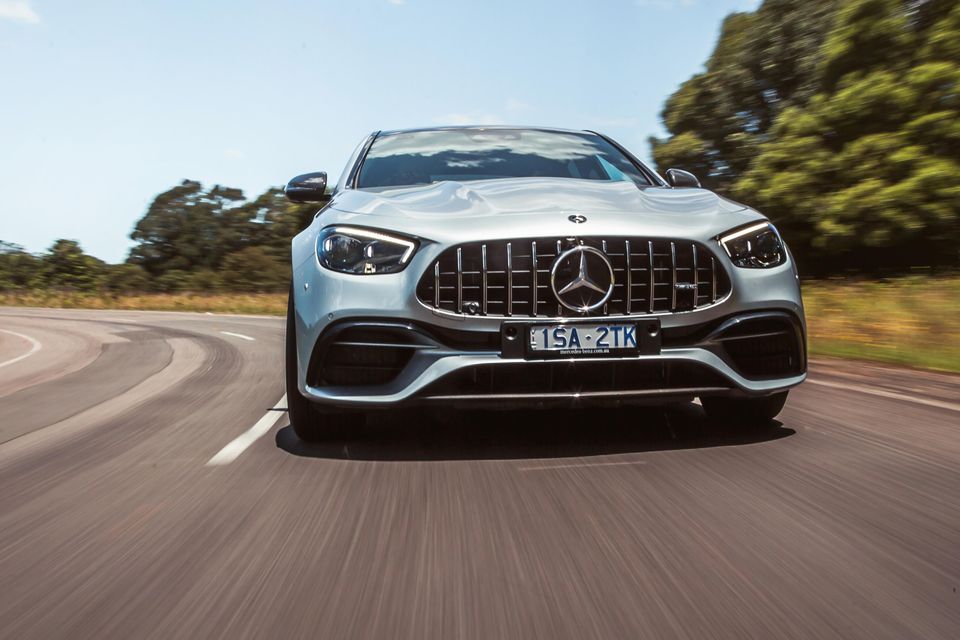
But the proper performance cars have always been separate from the shopping trolleys and airport taxis. A garden-variety 5 Series is faster than its predecessors, but it also accelerates in a way that could loosely be defined as ‘normal’.
And sure, the democratisation of performance is a good thing if you want to drive everywhere like your pants are on fire, but not everyone does.
If you’re an elderly driver with a bad hearing and sore feet that sort of acceleration isn’t just unnecessary, it’s dangerous.
Tesla isn’t alone here. The BYD Han will dispatch the 100km/h sprint in 3.4 seconds, and the bottom-rung Lucid Air takes just 3.2 seconds.
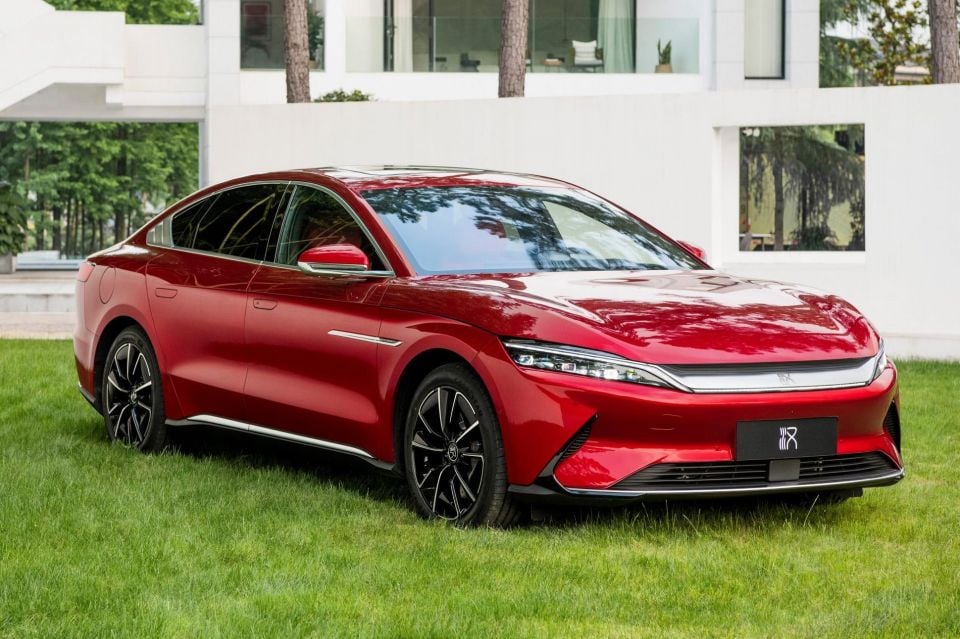
That’s terrifyingly rapid, especially in the hands of someone not used to such ferocious pace and the associated forces.
In the Netherlands, the ferocious performance on offer in even low- and mid-range Tesla cars is already proving dangerous for owners’ hip pockets.
According to Dutch News, the Netherlands national statistics office reported 75 per cent of the nation’s 9000 registered Tesla owners were fined for speeding in 2018. No other brand had such a high percentage of law breakers.
We’re not saying Tesla owners are doing this deliberately of course, just that it’s really easy to accidentally do the wrong thing with instant, prodigious torque at your disposal all the time.
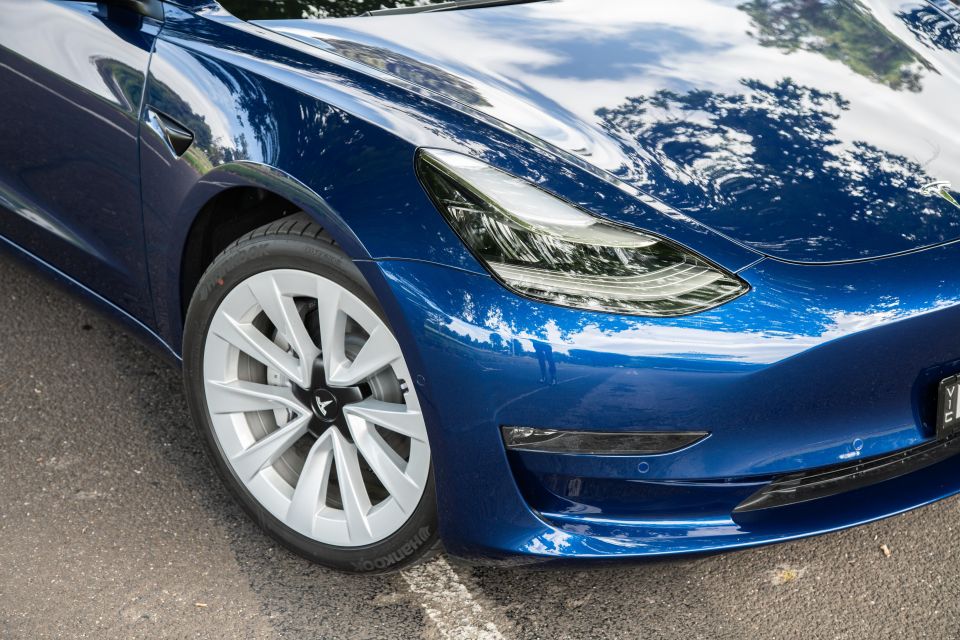
For now these cars are the preserve of early adopters and enthusiasts, but that won’t be the case forever – and the accident that happens when an unsuspecting driver mats the wrong pedal in one of these supposedly sensible, practical cars is going to be biblical.
Should Tesla and its electric rivals be limiting their garden-variety vehicles so we all might feel safer?
I don’t know what the answer is, but a world where family-friendly sedans can go from 0-100km/h in less time than it takes a Formula 1 car feels out of whack to me.
Anthony Crawford is a CarExpert co-founder and senior presenter with 20+years in automotive journalism and content creation.


Derek Fung
4 Hours Ago
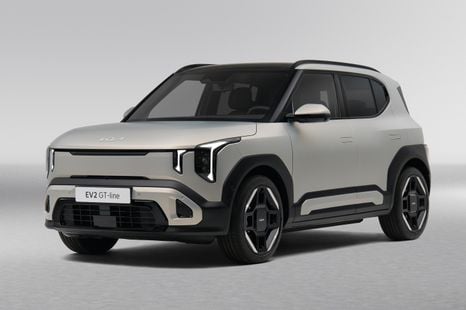

James Wong
5 Hours Ago
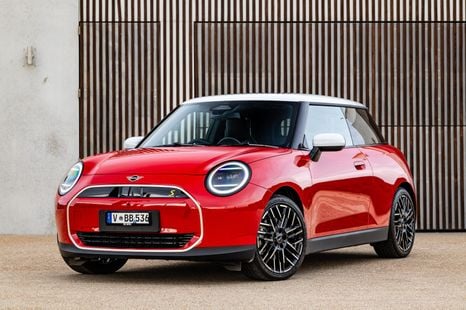

Max Davies
5 Hours Ago
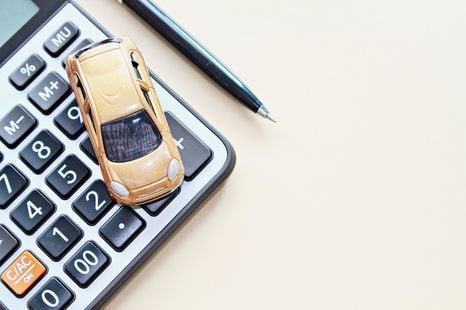

Ben Zachariah
6 Hours Ago
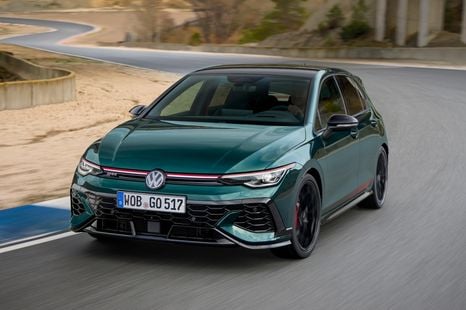
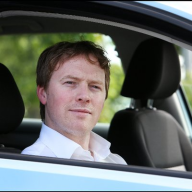
Shane O'Donoghue
13 Hours Ago
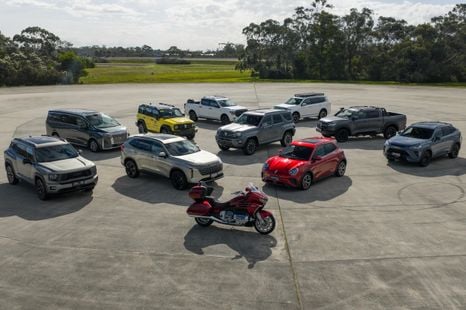

Damion Smy
19 Hours Ago